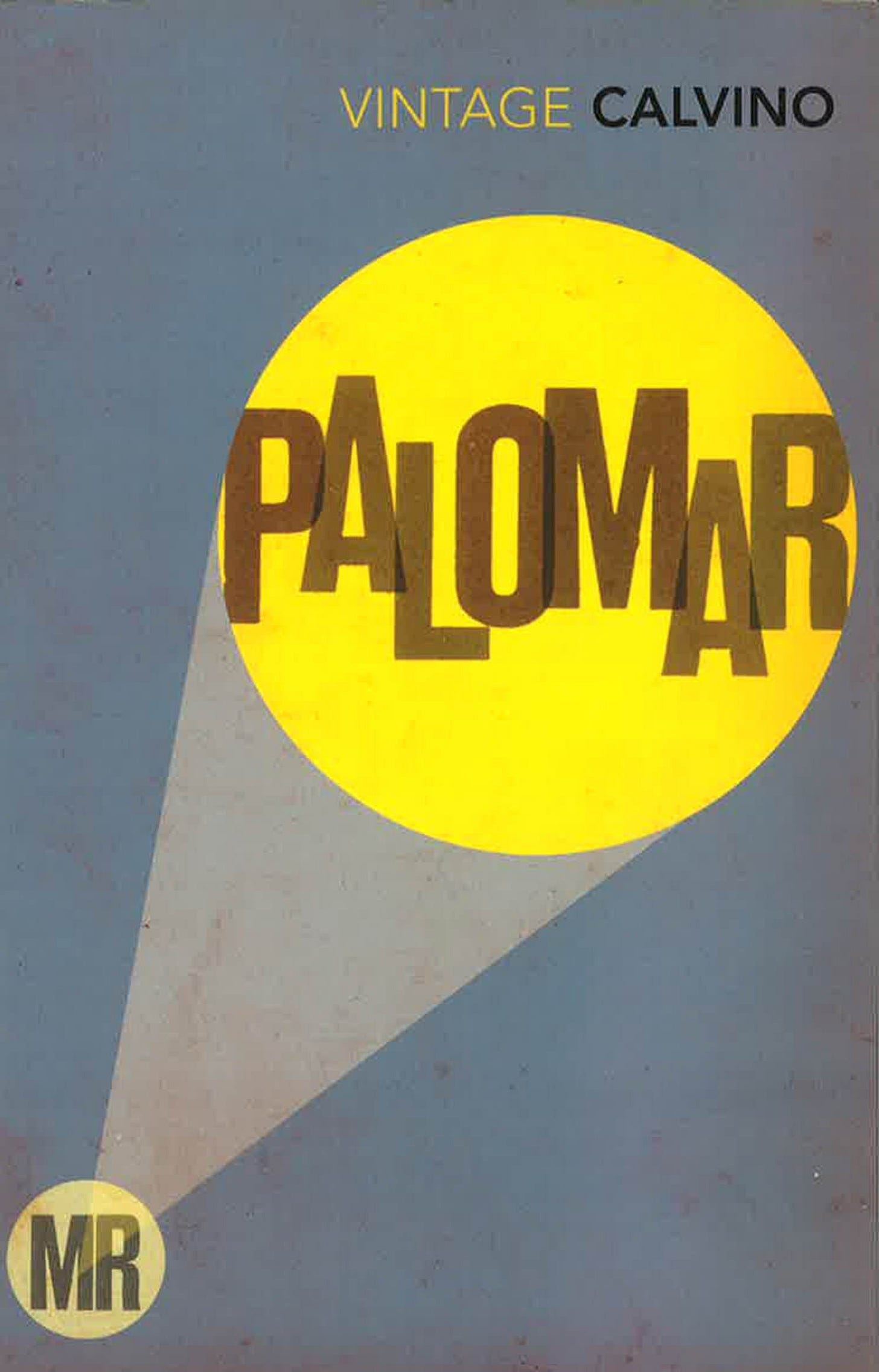Like many readers, I first encountered the work of Italo Calvino through his 1979 meta-fictional novel If on a winter’s night a traveller. Recently, however, I read his first, very different novel The Path to the Spiders’ Nests, a neo-realist tale of a boy’s experiences with the partisans during the Second World War. Wishing to reacquaint myself with his more characteristic, mature work, I borrowed my wife’s copy of Mr Palomar, his 1985 novel about an amiable eccentric who focuses intently on aspects of the world around him – the moon, the Galilean satellites of Jupiter, a murmuration of starlings, a Parisian cheese shop – in an attempt to understand them.
As I followed his efforts to separate the action of a single wave from the succession of breakers rolling on to a beach, I realised that I had read the novel before. Fifteen pages in, confirmation appeared in the form of a till receipt from Belair House in Dulwich, south London. I could just make out the fading date on the slimy paper: 19 May 2016. I remember that I used to stop off there in the car on my way home from volunteering at the London Wildlife Trust nature reserve at Sydenham Hill Wood. In a Palomarish mood, I rooted out my 2016 diary and discovered that I was indeed in the woods that day, a Thursday. After stopping for a drink, I must have gone home to get cleaned up and changed because that evening I drove to Waterloo to meet my wife, who was teaching an Open University class there. On the way, I probably listened to the Radio 4 business programme The Bottom Line, presented by Evan Davis; whenever it comes on the radio nowadays, it reminds me of those trips, and searching for a parking space amid the Georgian cottages of the Whittlesey Street conservation area. Afterwards, according to my diary, we went for coffee in the National Theatre bar.
As one memory prompted another, I was struck by the incremental changes in the texture of our lives over the intervening years, and by what has remained the same. We still live in the same house. I still volunteer at Sydenham Hill Wood, but no longer own a car; I glimpse the white Georgian façade of Belair House across spreading lawns from the train on my way home from the wood. My wife still teaches for the OU, but since the pandemic, all the tutorials take place on line. And as for the world…
Mr Palomar, by Italo Calvino (Vintage Classics, 1994)
“Finally, from so little sleeping and so much reading, his brain dried up and he went completely out of his mind.”
– Miguel de Cervantes, Don Quixote
If you have enjoyed this post, please consider sharing it with any friends you think may be interested.
Memory, exile and loss
The novels of Jenny Erpenbeck
Although I read each of the German novelist Jenny Erpenbeck’s books with intense interest as it appeared in English, I inexplicably didn’t get round to her most recent, Kairos, until the paperback came out in April. I’m not alone in regarding Erpenbeck as one of the finest novelists at work today, in any language: her potent fusion of the personal and political is rare in contemporary British fiction, and she has been garnered with awards and even tipped for the Nobel Prize for Literature.
Keep reading with a 7-day free trial
Subscribe to Notes in the Margin to keep reading this post and get 7 days of free access to the full post archives.



